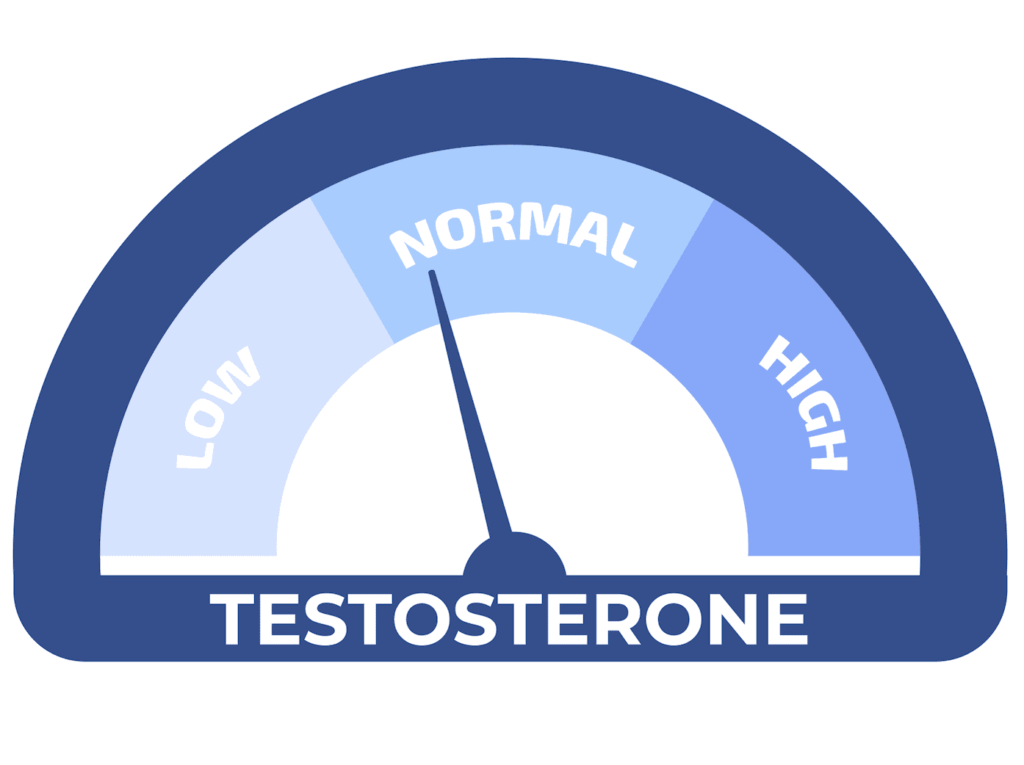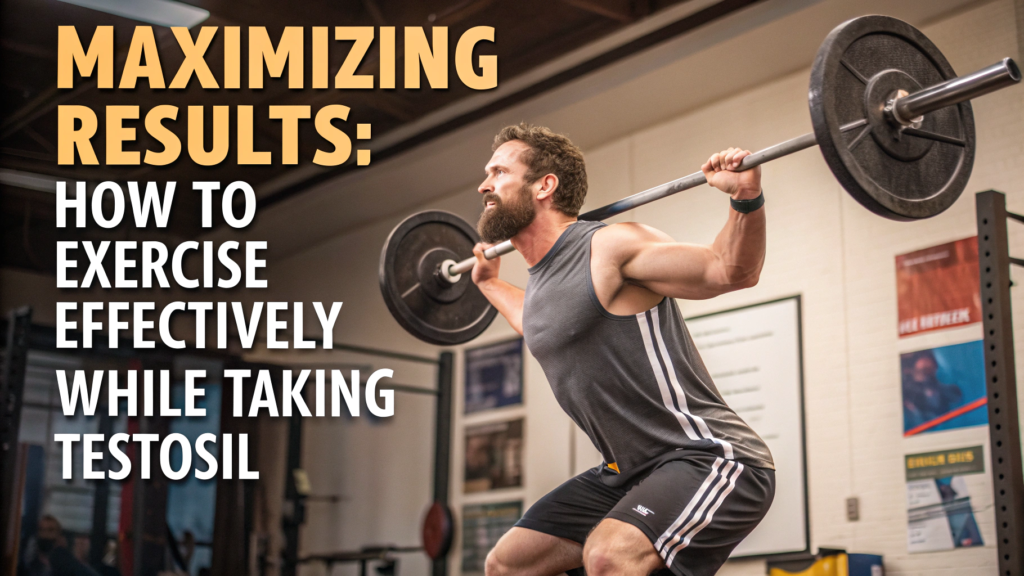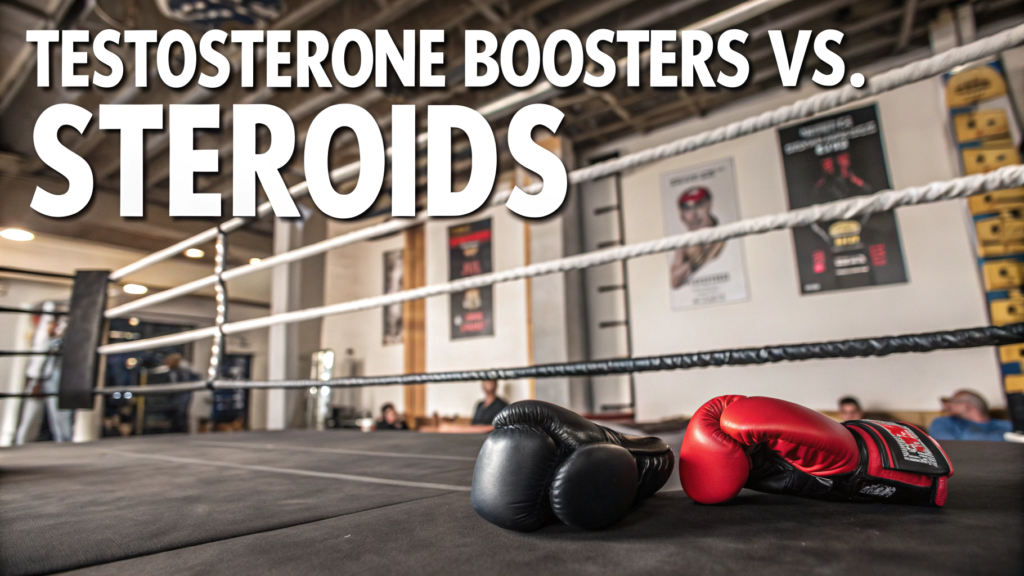Low testosterone, often referred to as Low T, encompasses more than just a diminished sex drive. It can also lead to various health concerns, such as:
- Erectile dysfunction
- Fatigue
- Decreased muscle mass
- Increased body fat
- Irritability or feelings of depression
- Altered sleep patterns
Dr. Nathan Starke, a urologist specializing in men’s health, notes, “It’s natural for testosterone levels to decline with age. Around half of men over80 experience low testosterone, yet younger men can also face symptoms, particularly if they are overweight or have specific underlying health issues like diabetes or sleep apnea.”
While treatments for low testosterone exist, many men opt to begin their journey with healthy lifestyle adjustments to naturally raise their testosterone levels. Dr. Starke suggests the following all-natural methods:
Enhance Your Diet
A nutritious diet plays a crucial role in two key areas that can impact testosterone levels. Promoting healthy weight loss and minimizing blood sugar spikes. Dr. Starke explains that obesity, particularly excess abdominal fat, is closely linked to low testosterone levels. This fat can increase the production of aromatase, an enzyme that converts testosterone into estradiol, thereby reducing free testosterone levels.
Consequently, losing weight can enhance testosterone levels, making a healthy diet vital.A balanced diet should include various vegetables and fruits, whole-grain carbohydrates, moderate amounts of healthy fats, and lean proteins like chicken and fish. “It’s essential to avoid refined carbohydrates found in junk foods, which can spike blood sugar and lower free testosterone levels,” Dr. Starke advises.
A clinical study demonstrated that volunteers taking a special extract in Testosil® experienced an impressive 434% greater increase in testosterone levels in just8 weeks when combined with exercise, compared to exercise alone.
In this groundbreaking study involving men who exercised, researchers found that those taking the special extract in Testosil® enjoyed greater muscle size and strength. Additionally, volunteers reported a significant reduction in exercise-induced muscle damage and a dramatic decrease in body fat percentage.
Combine Cardio with Strength Training
Exercise is fundamental for weight management and, by extension, can help boost testosterone levels. Dr. Starke emphasizes the importance of incorporating both cardio and strength training into your fitness routine.” Cardio efficiently burns calories, while strength training fosters muscle growth that elevates your metabolism, enabling calorie burning even while at rest,” he explains.
Whether you enjoy long runs or brisk walks, find the type of cardio that suits you. For strength training beginners, bodyweight exercises provide an effective way to build overall strength without a gym membership.” Balancing both cardio and strength workouts in your weekly routine maximizes your chances of enhancing testosterone levels,” Dr. Starke adds.
Prioritize Quality Sleep
Sleep is fundamental for overall wellness, including testosterone levels. Dr. Starke highlights that most testosterone release occurs during sleep. Research indicates that inadequate sleep less than eight hours—can lower testosterone levels by up to 15% the following day. Thus, ensuring sufficient sleep is critical for maintaining healthy testosterone levels.
Manage Stress Levels
Stress can significantly affect your health, including testosterone production. Dr. Starke explains, “When stressed, your body releases cortisol, which, when present in excess due to chronic stress, can reduce free testosterone levels. “To diminish stress, carve out time daily for activities you enjoy, even if only for a few minutes. Practicing mindfulness techniques, such as deep breathing, can also promote relaxation. If stress is directly linked to low testosterone, consulting a healthcare provider is advisable.
Identify and Treat Underlying Medical Conditions
Dr. Starke notes that low testosterone usually intersects with other health issues. Conditions such as obesity, type2 diabetes, obstructive sleep apnea, and metabolic syndrome can be contributing factors. Additionally, certain medications or therapies, like chemotherapy, may also lead to low testosterone. Seeking evaluation from a specialist in men’s health can help determine any underlying causes of your low testosterone.

Your physician can guide you on which lifestyle modifications may be most beneficial and recommend testosterone treatments or refer you to specialists for managing related health conditions.
“Addressing low testosterone symptoms, such as weight gain and exercise challenges due to fatigue or muscle loss, can make achieving your weight loss and lifestyle goals much more achievable,” concludes Dr. Starke. By implementing these natural strategies, you can work towards improving your testosterone levels and overall well-being.






